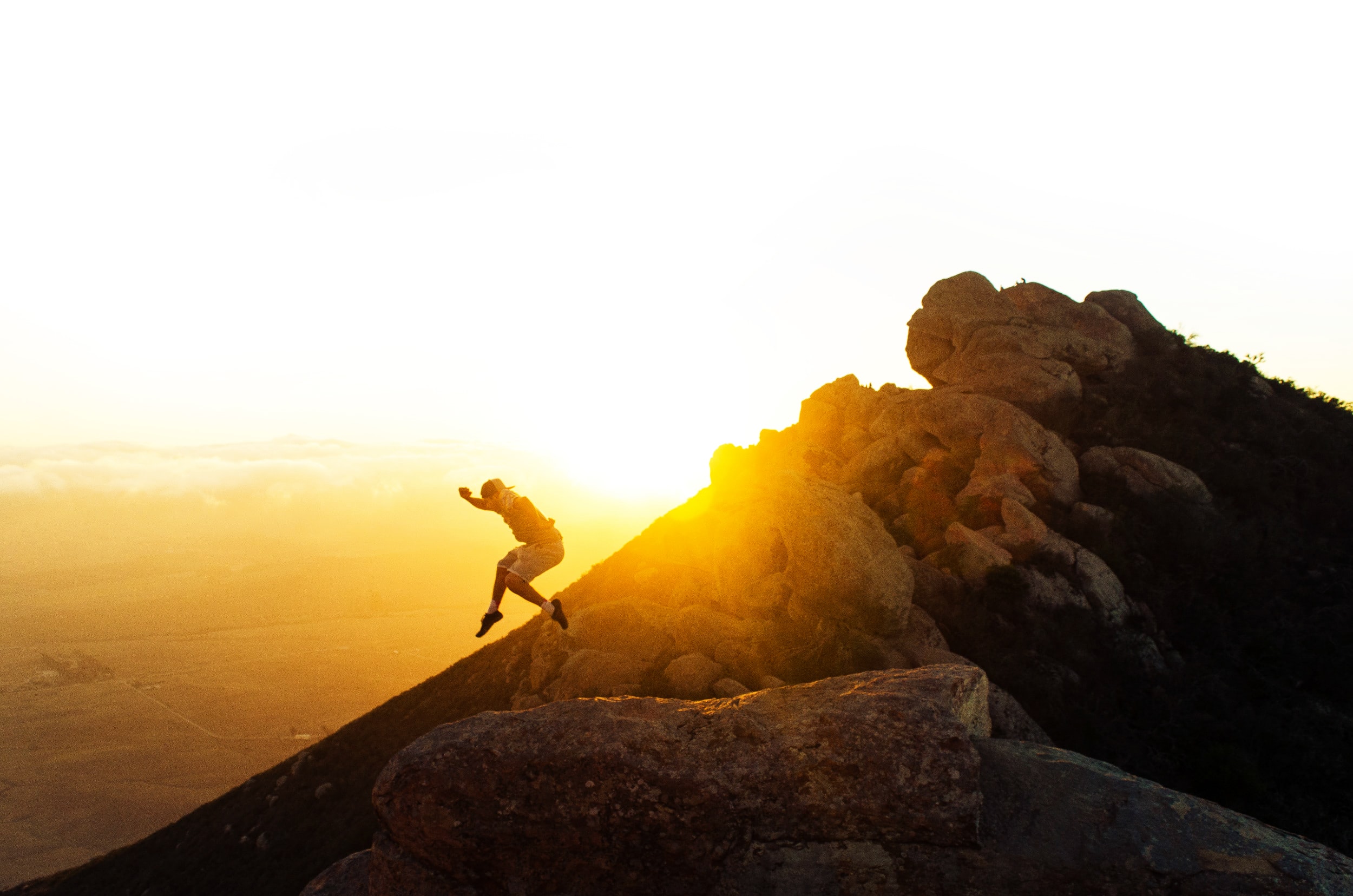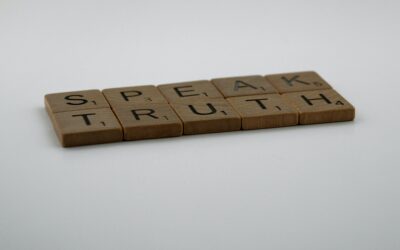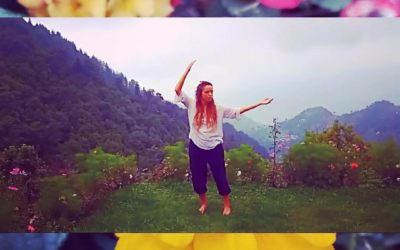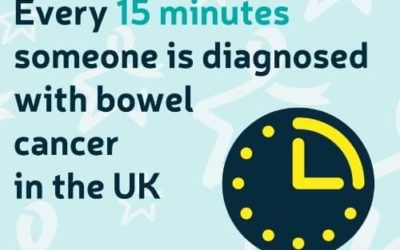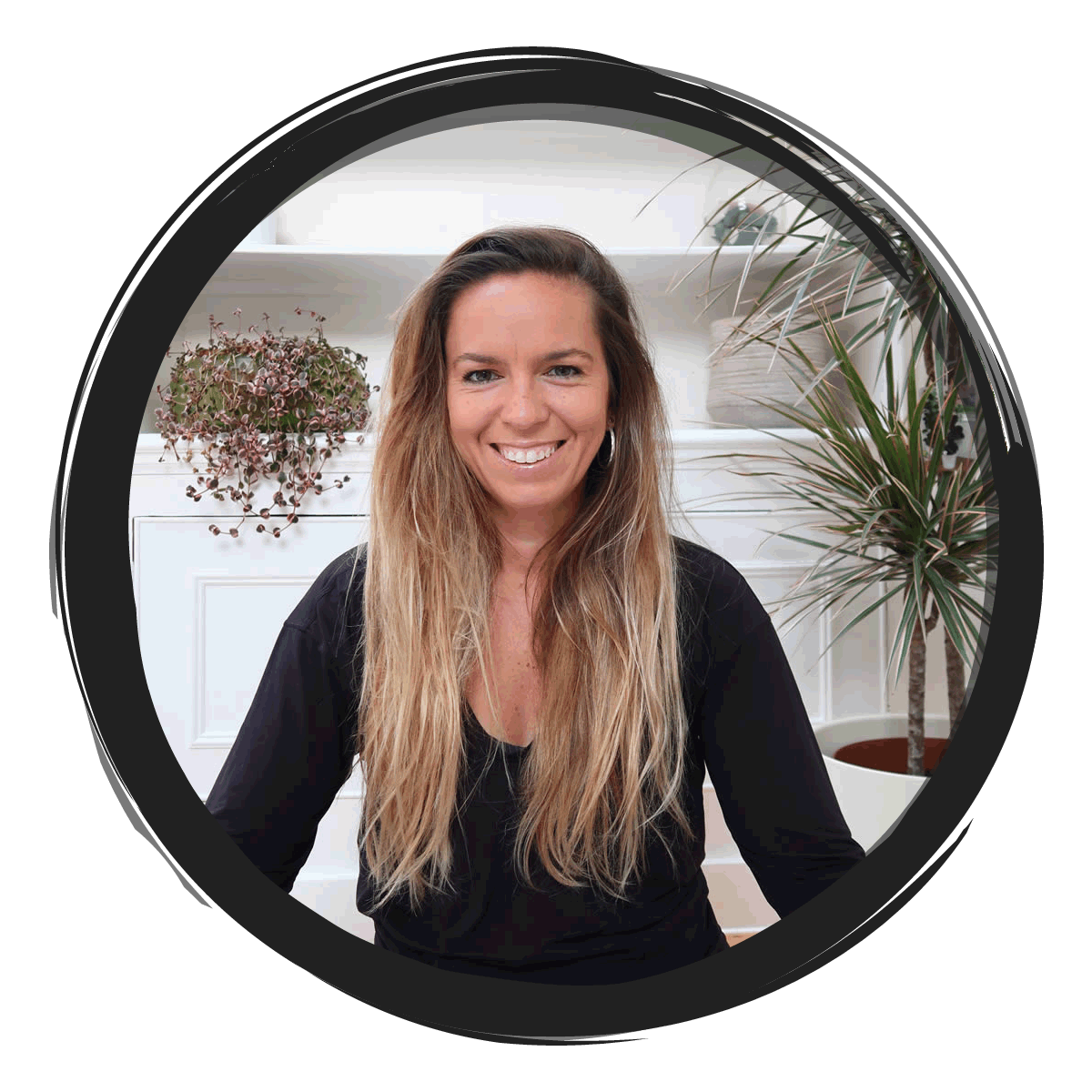Chinese philosopher Lao Tzu called it “our greatest possession”.
Mahatma Gandhi called it “real wealth and not pieces of gold and silver”.
What am I talking about?
Your health!
“the state of being free from illness or injury“
Aside from the discomfort of being unwell, it inevitably means time away from life. Cancelled social plans, lost work days (not great if you’re a day rate freelancer) and the joys of terrible daytime television.
German philosopher Schopenhauer summed up the importance of health when he commented: “Health is not everything, but without health, everything is nothing”.
We know our health is important and that given the choice, we would prefer not to get sick.
So why does self-care often feel so challenging?
One big reason I’ve noticed seems to be overwhelm: the sheer choice of options, of people, products and services, make it hard to know where to start.
Do I need to do daily meditation for my mental health? And hit the gym three times a week for physical fitness? And get a massage once a month? And see a dietician to improve my digestion? And see a sleep specialist for my insomnia? And so on.
While the availability of specialists is important, it can also feel difficult to know who to turn to first.
The truth is that, in regions of the world dominated by the Western medical systems, most of us are not equipped with the skills and knowledge to maintain our wellness. Rather, we are taught to look externally to an “expert” to fix us once we’re sick.
As a consequence, too many of us are settling for mediocre health, accepting low-level pain as an unfortunate by-product of life.
Consequently, we may never fully realise our “greatness” – all those things we may have accomplished, feelings we may have experienced, paths we may have travelled had we been in our best health.
Thankfully I’m noticing more people taking a greater interest in prevention rather than cure. Step forward Eastern Medicine and its focus on maintaing health through helping people return to a balanced state of being.
As healthcare providers are well aware: it is far better to prevent disease than to treat people once they are sick.
New skills, old ways
Until I discovered practices from Eastern Medicine, I didn’t really have much of a strategy for maintaining my health.
The world of energy I discovered through Shiatsu and Reiki helped me understand existence on a profound new level.
That Traditional Chinese Medicine (upon which Shiatsu is based) has endured for centuries and remains mostly unchanged speaks to its effectiveness.
Shiatsu for self-care
This past week I gave an online session I created “Your Holistic Power” to a well-known UK cancer research organisation. It shared tips like acupressure and Shiatsu touch to celebrate Self-Care Week 2021.
The thing I love about online Guided Shiatsu Sessions is seeing how quickly and easy people learn how to practice Shiatsu on themselves. I share the basics of Shiatsu and a couple of acupressure points on the arm and hand that help to relieve anxiety.
They’re such simple yet effective practices that can be used as and when needed. Its easy to share these skills with others, too.
I reveal three ‘golden nuggets’ called The Power of the Micro, The Power of the Point and The Power of You! Interested to know more?
Hit REPLY if you’re reading this from my Go Slow Friday Letter or drop me a message.
Take the stress out of self-care
Online Guided Shiatsu Sessions are an opportunity to learn the fundamentals of Shiatsu for self-care. I think of the sessions as ‘what we didn’t learn in school’.
A powerful aspect of Shiatsu is that it supports your existence at all levels: physical, mental, emotional and spiritual. It’s a complete way of understanding your health picture.
Making self-care easy and accessible makes taking care of ourselves (and each other) a lot more fun, too.

If you or your colleagues are ready to introduce some easy Self-Shiatsu to your routine, get in touch to find out how you can join me.
Related:
Taking good care of yourself in the workplace
Suggested read: Tao Te Ching, by Lao Tzu – here is the translation I recommend (Lao Tzu was a Chinese philosopher credited with founding the philosophical system of Taoism)

